|
An interesting Psalm gives direction on how we should prepare for the coming of the Lord. "Righteousness goes before Him and prepares the way for His steps." (Psalm 85:13) John the Baptist took this call seriously. Isaiah 40:3 adds understanding to the verse: "A voice of one calling: 'In the wilderness prepare the way for the Lord; make straight in the desert a highway for our God.'" This should speak to us as we look for the returning of our Lord. The Jews say we should look for His return during this month, the eighth month, called Cheshvan. They say it is reserved for the Messiah since there are no feasts or fasts included in it. Eight is the number of new beginnings and new revelation.
Cheshvan occurs during autumn and after the fall feasts are completed. It is significant in that the great flood occurred during this time. If we go back to Genesis 6, we see that God was greatly grieved by the state of humanity during Noah's day. "The Lord saw how great the wickedness of the human race had become on the earth, and that every inclination of the thoughts of the human heart was only evil all the time...But Noah found favor in the eyes of the Lord." (Genesis 6:5,8) Chapter 6 continues to make it clear that the "earth was corrupt in God's sight and was full of violence." God instructed Noah to build an ark according to His specifications. This ark would save Noah and his family and two of every kind of creature. He told Noah, "Go into the ark, you and your family, because I have found you righteous in this generation." (Genesis 7:1) This is what the Lord looks for in His people—righteousness! "In the six hundredth year of Noah's life, on the 17th day of the second month (The eighth month on the calendar given to the Hebrews in Egypt)—on that day, all the springs of the great deep burst forth, and the floodgates of heaven were opened, and the rain fell on the earth 40 days and 40 nights." (Genesis 7:11-12) No one paid attention to Noah or the warnings from God. As the day of judgment approached, everyone continued in their ungodly lifestyles. We are warned not to repeat the ungodly patterns of life from Noah's days. Jesus said, "Just as it was in the days of Noah, so also will it be in the days of the Son of Man. People were eating and drinking, marrying and being given in marriage up to the day Noah entered the ark. Then the flood came and destroyed them all. It was the same in the days of Lot. People were eating and drinking, buying and selling, planting and building. But the day Lot left Sodom, fire and sulfur (brimstone) rained down from heaven and destroyed them all. It will be just like this on the day the Son of Man is revealed." (Luke 17:26-30) For me, this is a sobering thought! It is my opinion that the corruption we have today probably rivals the corruption of Noah's day. So many seem to have an evil intent as they live their lives in selfish ways. This is manifesting not only in society, but also in the Church. How long will the Lord allow this to continue? It is my prayer that the fear of the Lord falls upon our nation and the world before it is too late. While we know that God made a covenant with Noah to never flood the entire world again, the unrepentant will reap what they have sown in whatever way the Lord decides. In the meantime, we have a responsibility to follow the ways of the Lord and prepare a path for Him to walk on. Proverbs 15:9 tells us what the Lord is looking for: "The Lord detests the way of the wicked, but He loves those who pursue righteousness." The prophet Isaiah also has something to say about righteousness. In Isaiah 28:17 it states, "I will make justice the measuring line and righteousness the plumb line..." As the Jews look for the coming of their Messiah during this month, we can be like John the Baptist and prepare the way for the Lord's return. Hosea tells us how: "Sow righteousness for yourselves, reap the fruit of unfailing love, and break up your unplowed ground; for it is time to seek the Lord until He comes and showers righteousness on you." (Hosea 10:12) “Jesus said, 'Go,' but He never promised you would come back! Are you willing?" What a question! It stands as a testimony to the man who said it--Andy van der Bijl, better known as Brother Andrew. This giant of the faith was received into heaven on September 27, 2022, at the age of 94. My husband agrees that his life story is worth telling. He had the privilege of meeting Brother Andrew in the 1970s at Princeton University and has commented on his humility and kindness. Jac was so impressed to receive a personal letter from him after they had a one-on-one discussion at this meeting.
Brother Andrew is known for his willingness to place his own life at risk for the sake of the Gospel. He was fearless as he relentlessly brought Bibles into countries that persecuted Christians. What would compel a person to do such a thing? Let's look at his life story. He was born in the Netherlands in 1928 into a family that was quite poor. His parents' love of God seemed to have little influence on him as a child. When the Nazis came to his country, they attempted to capture boys his age to make them serve as Nazi soldiers. Andrew's intolerance for the war, starvation of his family and others, and oppression and lack of freedom made him join the Dutch Resistance Army at the age of 18. He took his mother's Bible with him and learned that she died while he was away. At age 20, he was shot in the ankle and almost had his leg amputated. The nurses that cared for Andrew while he was in the hospital were Franciscan nuns. He was curious about the joy they carried with them. When questioned by Andrew about why they were so joyful, one of the nurses replied, "It's the love of Christ. Why it's right here in the book beside you." She was pointing to his mother's Bible. When he was released from the hospital, he started going to church and Bible studies which led him to give the rest of his life to Christ. He decided to attend the World Evangelist Crusade (WEC) in September,1953. His ankle was completely healed while he attended WEC Glasgow Bible College in Scotland. Missionary training was quite challenging. Each student was sent out into Scotland with one pound. They were to rely on God for every need. The mission was a success as Andrew returned with more money than was given to him. After completing college, he decided to attend a youth rally in Warsaw, Poland. The devastating impact communism had on the Poles was on display for him and drew him even deeper into missions. As he helped the poor, Andrew received his calling from the Lord: To bring Bibles to the communists and Christ to where Christians were persecuted. Going from country to country behind the Iron Curtain in his Volkswagen Beetle filled with Bibles, he put his life on the line. When he stopped at the border of a country he was about to enter, he would pray: "Lord, in my luggage I have Scriptures I want to take to Your children. When You were on earth, You made blind eyes see. Now, I pray, make seeing eyes blind. Do not let the guards see those things You do not want them to see." This prayer was answered innumerable times. Andrew took on a partner named Hans. As the two men continued to take Bibles into non-Christian countries, others joined the mission until they named their group Open Doors. In 1967, Andrew's first book was published. It is reported that more than ten million copies of the book were sold. But Brother Andrew always kept his focus on the mission God gave to him. Through the 1990s and into the 2000s, Bibles were delivered into Albania, North Korea, China, and several Middle East countries. Open Doors became an international mission organization located in more than 27 countries with an outreach to more than 60 persecuted nations. For Brother Andrew, no nation was considered impossible to visit. He had personal meetings with the head of Hezbollah in Lebanon and with Yasar Arafat and leaders of Hamas. He believed and taught others that no one is beyond the reach of God's love and that it is our responsibility to pray for them. God's hand of blessing seemed to be on everything that Brother Andrew did. One of the Psalms of David seems perfect to describe his life: "Surely, Lord, You bless the righteous; You surround them with favor as with a shield." (Psalm 5:12) Brother Andrew's life should be an inspiration to all of us! Today is the seventh day of the Feast of Tabernacles, the last and greatest day of the Feast. If we look at the word tabernacle, we learn that it can be used as a noun (place) or a verb (action). The Hebrew word "mishkan" has the root meaning of "to dwell." In the Old Testament the tabernacle was the place where God's presence dwelled. Its design demonstrated the gradual increase in gradations of holiness as one moved from the outer court to the inner court, to the Holy of Holies where God dwelled.
Moses would tabernacle with God in a tent outside of the camp. Exodus 33:7 describes what he did. "Now Moses used to take a tent and pitch it outside the camp some distance away, calling it the 'tent of meeting.' Anyone inquiring of the Lord would go to the tent of meeting outside of the camp." What is this saying to us? Going to the tent of meeting to tabernacle with God requires us to leave our familiar surroundings and set aside time for a one-on-one meeting with the Lord. To seek the Lord and be filled with HIs presence, it is necessary for us to make our meeting with Him top priority. To become more Christlike, we must "hang out" with Him. Our goal should be to abide or tabernacle with the Lord. We should ask ourselves, "Where and when should I pitch my tent?" A physical tent is pitched on high, dry, and level ground where it is safe from the elements or distractions around it. The guy lines or chords are secured to the ground with pegs. Likewise, our place to tabernacle with the Lord must be secured with a promise to Him. The main objective should be for us to seek God for who He is. Dedicating daily time to spend with Him is a must. Leaving the routine behind is included in the commitment. We must not let the final day of the Feast of Tabernacle slip by without calling on the Lord to meet with us. He ordained this time as one of harvest, remembrance, prayer, and intimacy with Him. And, just in case the seventh day does slip by, there is an eighth day. In Hebrew it is called Shemini Atzeret. Eight is the number of new beginnings. Eight transcends time and is a day of new life. Rabbi Jonathan Cahn says, "It breaks the barriers of time. There are not enough days in a week to continue my love for the Lord." Tabernacling with the Lord is our daily privilege! The Feast of Tabernacles, which begins tonight, is a time of remembering God's faithfulness to the children of Israel while they were in the wilderness. Yet this celebration is also for remembering how the Lord brought them into the Promised Land. The sukkah (a temporary dwelling made of broken branches) represents their wilderness journey. However, fruit is present in the branches to represent what was to come in the Promised Land. We could look at this time as one that joins together the wilderness with the Promised Land. Rabbi Jonathan Cahn says that the celebration of the Feast of Tabernacles is a joining together of the wilderness with the Promised Land. We, as children of God, could say heaven and earth are being joined together. How appropriate that Jesus taught His disciples to pray, "Your Kingdom come, Your will be done, on earth as it is in heaven." (Matthew 6:10)
For God to have more intimacy with us (His greatest desire) there needs to be a connection between heaven and earth. That is one of the reasons that the Lord set up times and seasons for special meetings with Him. All of His feasts come to a culmination during the Feast of Tabernacles or Sukkot. The name of this feast should draw us back to the first time God spoke to Moses and instructed him and the Israelites to construct a tabernacle for Him where He would dwell in their midst. (Exodus 25:8) The Hebrew word "Shakan" means to dwell. The first time this word appears in Scripture is in Genesis 3:22-24. God had to bar Adam and Eve from the Garden of Eden after their sin, so He placed cherubim at the entrance. They were to dwell at the entrance to guard the way to the Tree of Life. In this case, the dwelling of the cherubim was an act of kindness. The desire of God to dwell with His people is shown in many places in the Bible. Exodus 29:45-46 says, "Then I will dwell among the Israelites and be their God. They will know I am the Lord their God, who brought them out of Egypt so that I might dwell among them..." God calls the place where He abides with His people the "dwelling for His Name." (Deuteronomy 12:11) The prophet Joel ends his book with a statement that tells us where God will dwell with His people on earth: "The Lord dwells in Zion!" (Joel 3:21) The tabernacle was the temporary structure where God dwelt with His people. Once Israel settled in the Promised Land, they build a permanent structure called the Temple. This edifice was built by Solomon, and God instructed Israel to walk in His statutes and keep His commandments so that He could live among them. He said, "And I will live (dwell) among the Israelites and will not abandon my people, Israel." (1 Kings 6:13) As explained by Psalm 74:7, the Lord's instructions were not followed. "They defiled the dwelling place of Your name." This did not stop the Lord's pursuit of His people. He is compelled to draw near to us. Look at Zechariah 8:3. "I will return to Zion and dwell in Jerusalem..." The prophets consistently declare that God will dwell among His people. Isaiah 7:14 explains the great lengths that God goes to for intimacy. "Therefore, the Lord Himself will give you a sign: The virgin will conceive and give birth to a son and will call Him Immanuel," meaning God with us. The gospel of John brings clarity to this: "The Word became flesh and dwelt among us..." The Feast of Tabernacles is our reminder of God's great desire to dwell with us. Jesus/Yeshua is the tabernacle of God among us. He desires to tabernacle with us. He encourages us to use this season as one to sit in His presence and dine from His table of delights. John 14:23 takes us back to what God said to His children in the wilderness. "...Anyone who loves me will obey my teaching. My Father will love them, and we will come to them and make our home (dwelling place) with them." Not only are we meant to dwell with the Lord, but we are a dwelling place for His Holy Spirit. Let us use this week called The Feast of Tabernacles to connect with the Lord by setting aside time to contemplate His goodness, listening for His words of affirmation, and celebrating that He is, indeed, God with us, "Immanuel." Life's circumstances have completely changed how I am writing to you tonight. My intention was to bring the Day of Atonement (Yom Kippur) before you since it takes place on Wednesday. This holiest day on the Hebrew calendar is meant for reconciliation with God. In Biblical days, the High Priest went into the Holy of Holies to present God with an offering to cover the sins of the people. Today Yom Kippur is a day of remembering, fasting, and praying so that the new year (5783) starts properly. Of course, those who believe that Yeshua/Jesus is our Savior know that He took our sins upon His body once and for all. He is the Atonement!
What I want to focus on is what has happened in the southern part of the United States and Cuba. Unimaginable destruction and devastation took place when Hurricane Ian, a Category 4 storm, barreled through the region with monumental winds and water and created surges that completely destroyed entire communities, bringing death and major loss of property. The infrastructures that supported communities are also gone. It is interesting to note that the hurricane is named Ian. What it did as it blew through our country is incongruent with its name. Ian is of Scottish Gaelic origin and is the Scottish version of John or Yohanan in Hebrew. The name means, "God is gracious" or "Gift from God." How do we put this together? It seems like the kingdom of darkness has throne us a curve ball. I too was thrown a curve ball at the same time. While all this is going on, I was mourning the loss of a friend from church, Linda, who is one of our "Dear Ones." It was at her funeral that I began to feel sick and dizzy. The next day I found myself in ER. The medical staff discovered that I had a small stroke. Praise God there are no lasting effects, and I am home to write this letter. There are still many in hospitals, battling sickness and disease and many whose lives have been pulled apart by the overwhelming losses created by the forces of nature. The human part of us wants to ask God the question, "Why?" Very rarely have I gotten the answer to any of my why questions. Here is what I do know: God breaks our hearts with the things that break His. We are His ambassadors on earth. We are on earth to glorify Him. He can use our smallest offering to help others, and He will multiply our efforts. God is not the author of pain and suffering, but He will use it to draw us closer to Him. He is with us as we rebuild our lives and will send others to help us. Remember the Scripture in Zechariah 4:10? Zerubbabel's hands had just laid the foundation for the rebuilding of the temple, and God reminds Zechariah the importance of the first step. "Do not despise these small beginnings, for the Lord rejoices to see the work begin..." (NLT) In circumstances that look impossible, let us remember that God is the Lord of the impossible. We must take the first step. Join the Psalmist in declaring, "...I will hope in Your name, for Your name is good." (Psalm 52:9) Remember Psalm 54:4. "Surely God is my help; the Lord is the one who sustains me." We must release the turmoil within us to the Lord: "Trust in Him at all times, you people; pour out your hearts to Him, for God is our refuge." (Psalm 62:8) The Lord stands by to help us with our greatest needs. He desires for us to rest in Him and to be assured that He is our rock and salvation. "He is my fortress. I will never be shaken.” (Psalm 62:2) |
Joan E. MathiasCategories
All
Archives
July 2024
|
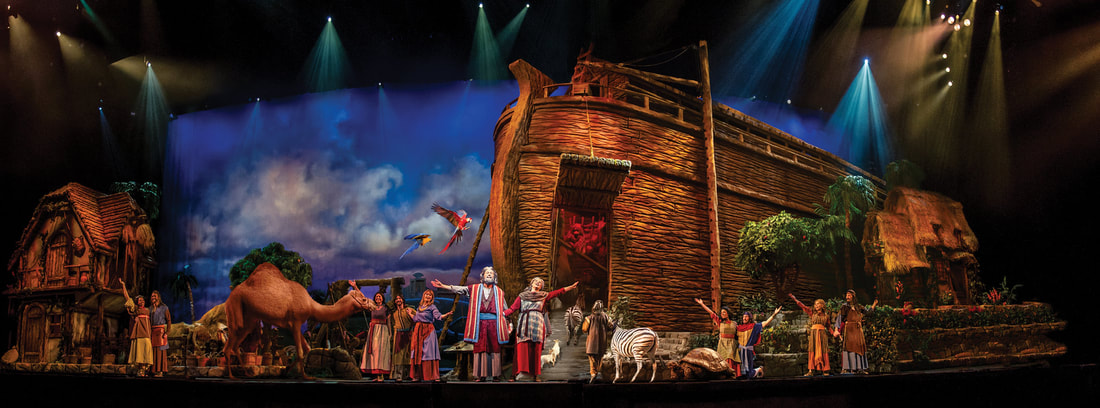
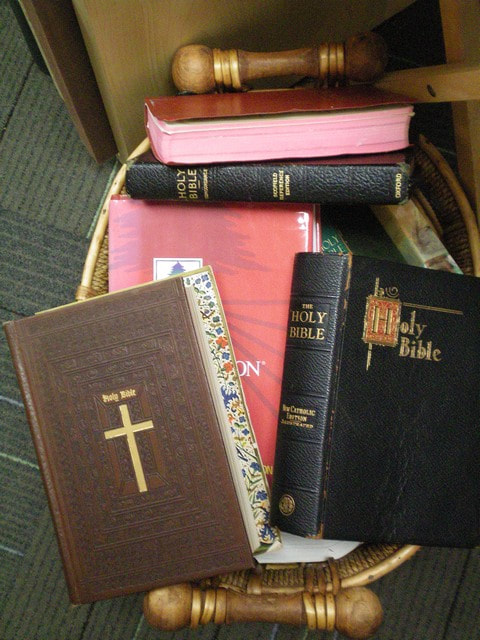
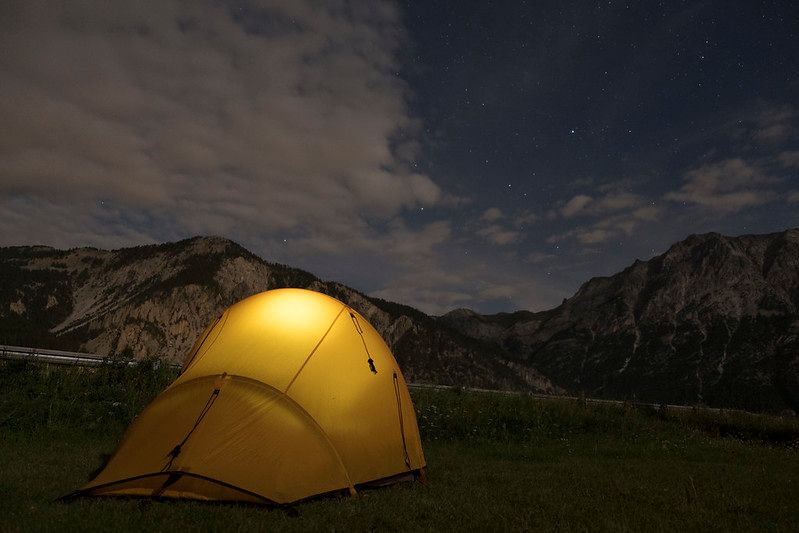
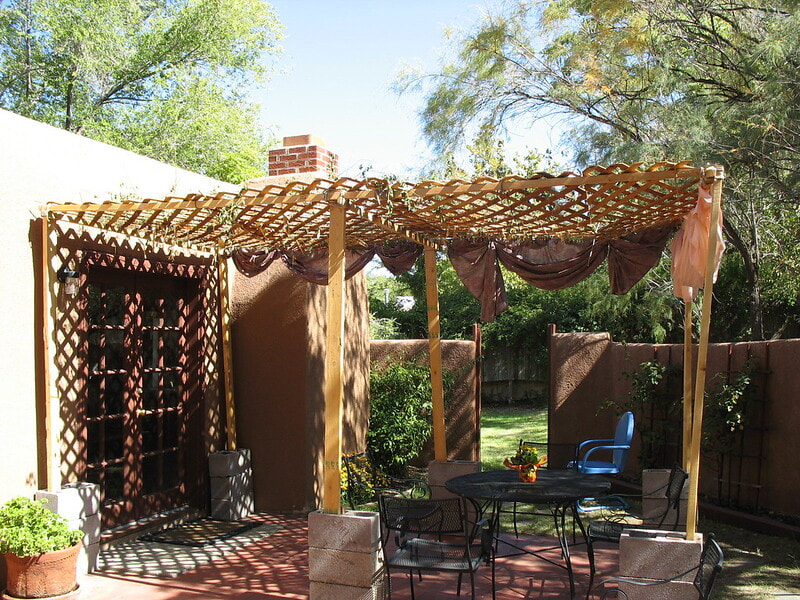
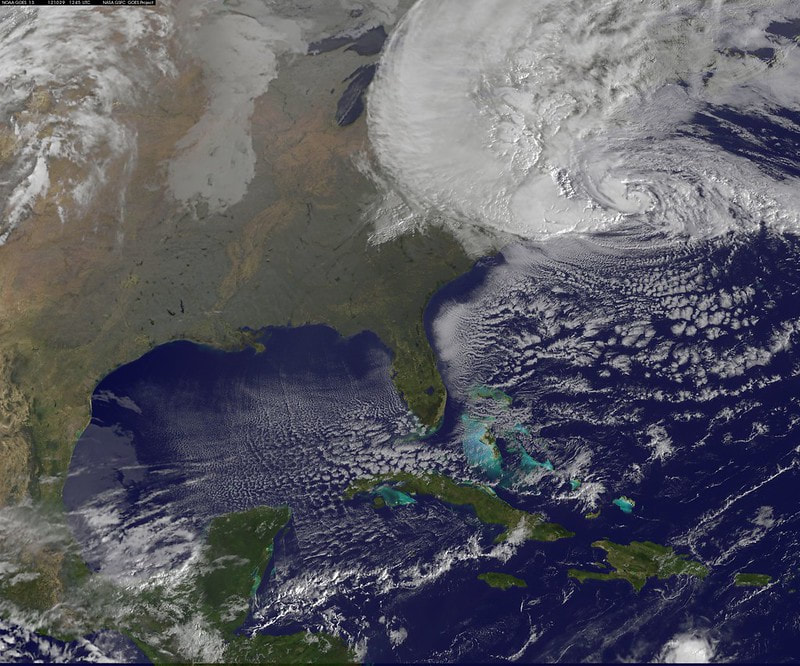
 RSS Feed
RSS Feed